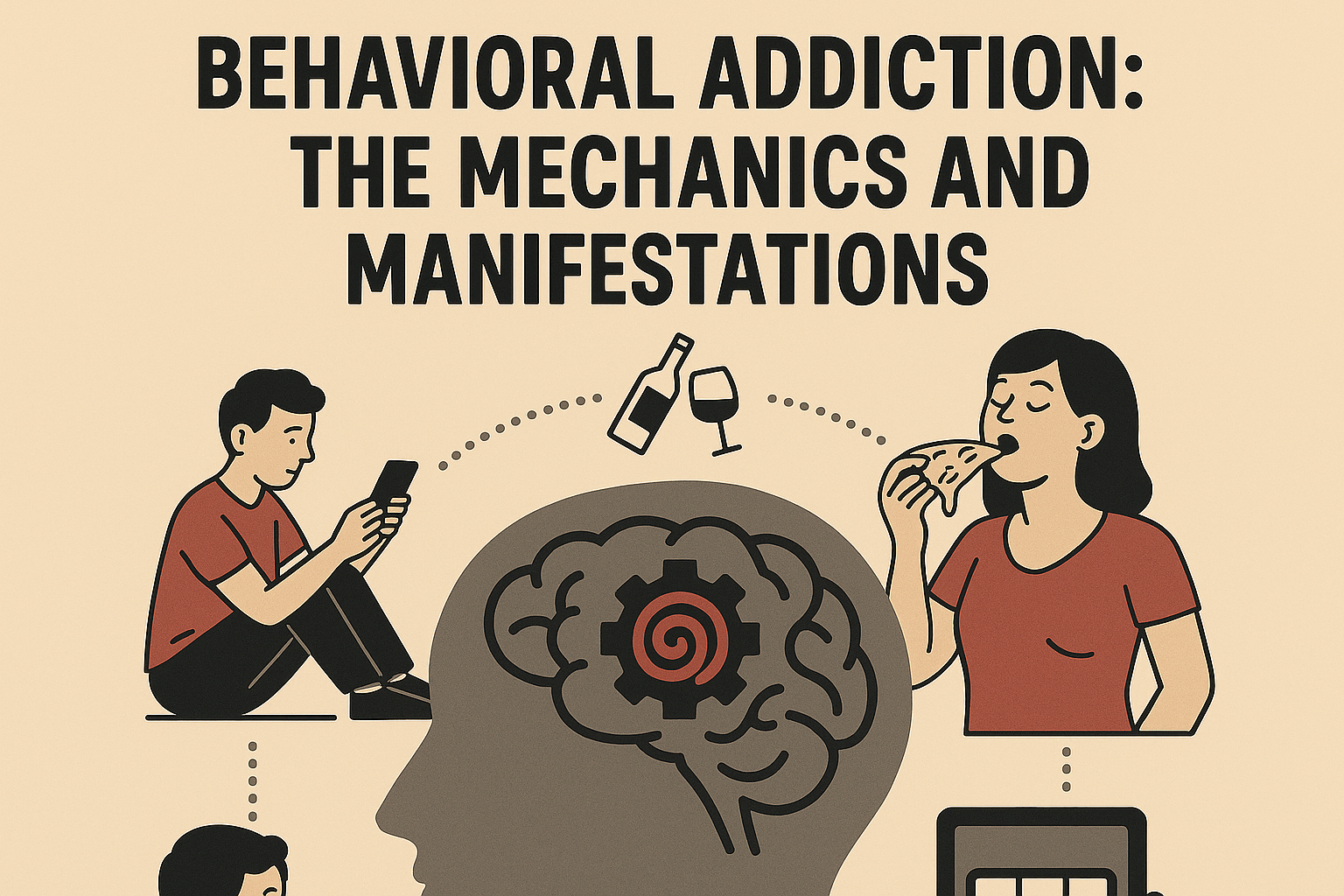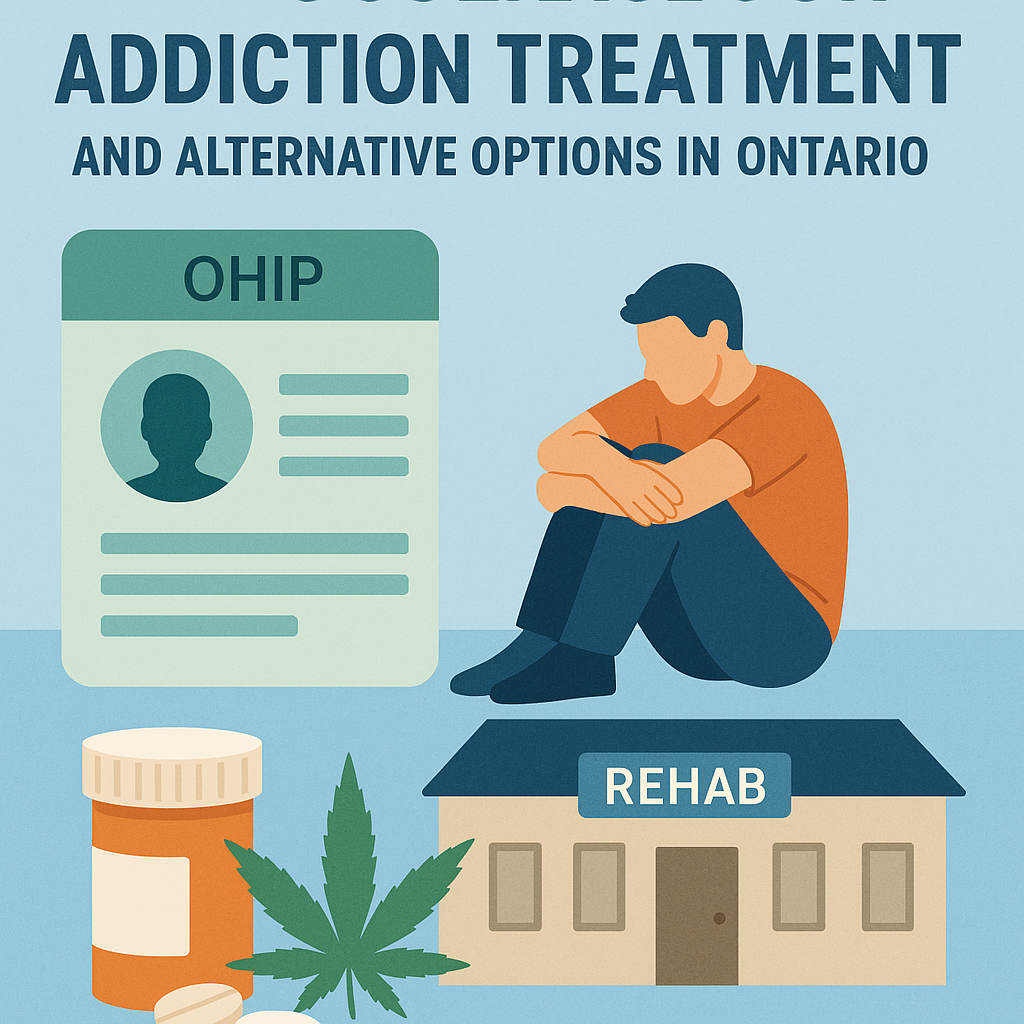The use of opiates and opioid drugs, whether medically prescribed or illicitly obtained, has surged to become a global health issue. While these substances can offer relief from pain and discomfort, their impact on human health can be far-reaching, extending beyond temporary solace. This blog aims to explore the multi-faceted effects of opiates and opioids on human health, from immediate physiological changes to long-term consequences, including dependency and associated risks.
The Nature of Opiates and Opioids: A Brief Overview
Opiates are naturally occurring substances derived from the poppy plant, and opioids are their synthetic counterparts. Both are commonly used for pain management in a clinical setting. They work by interacting with the opioid receptors in the brain and nervous system, reducing the perception of pain but also producing a sense of euphoria.
Short-Term Physiological Effects
The immediate impact of opiate and opioid use is often a profound sense of relief and well-being. These drugs can effectively alleviate both acute and chronic pain, making them valuable in medical settings. However, even short-term use can cause a range of side effects, including drowsiness, constipation, respiratory depression, and mental fog.
The Pathway to Dependency and Addiction
One of the most insidious effects of these substances is their high potential for dependency and addiction. Even when used as prescribed, tolerance to the drugs can develop quickly, requiring higher doses to achieve the same effects. This situation creates a cycle that can lead to dependency, where the absence of the drug leads to withdrawal symptoms, and eventually, addiction.
Long-Term Health Consequences
Prolonged use or abuse of opiates and opioids can lead to several chronic health issues. These range from gastrointestinal problems like chronic constipation to severe respiratory distress. The risk of overdose is also significantly elevated in long-term users, often leading to fatal consequences.
Mental Health Implications
The relationship between opioid use and mental health is intricate. While these substances can bring temporary relief from emotional pain, they often exacerbate existing mental health conditions like anxiety and depression. Moreover, the cycle of dependency and withdrawal can itself become a source of immense psychological stress.
Societal and Economic Ramifications
Beyond individual health, the widespread use and abuse of these drugs have broader societal implications. The economic burden of treating opioid-related health issues is staggering, straining healthcare systems. Additionally, the social consequences, including broken families and increased crime rates, add another layer of complexity to this pressing issue.
Harm Reduction Strategies
Given the potentially detrimental health effects, harm reduction strategies such as supervised drug consumption spaces and the distribution of naloxone kits (which can reverse the effects of an overdose) have been adopted in various parts of the world. These methods aim to reduce the immediate risks associated with opioid use but do not address the underlying issues leading to dependency.
Conclusion
The effects of opiates and opioid drugs on human health are multi-dimensional, affecting physiological, psychological, and even societal realms. While they serve critical roles in medical pain management, the risks they pose — from immediate side effects to the potential for addiction and long-term health consequences — demand meticulous scrutiny and cautious usage.





